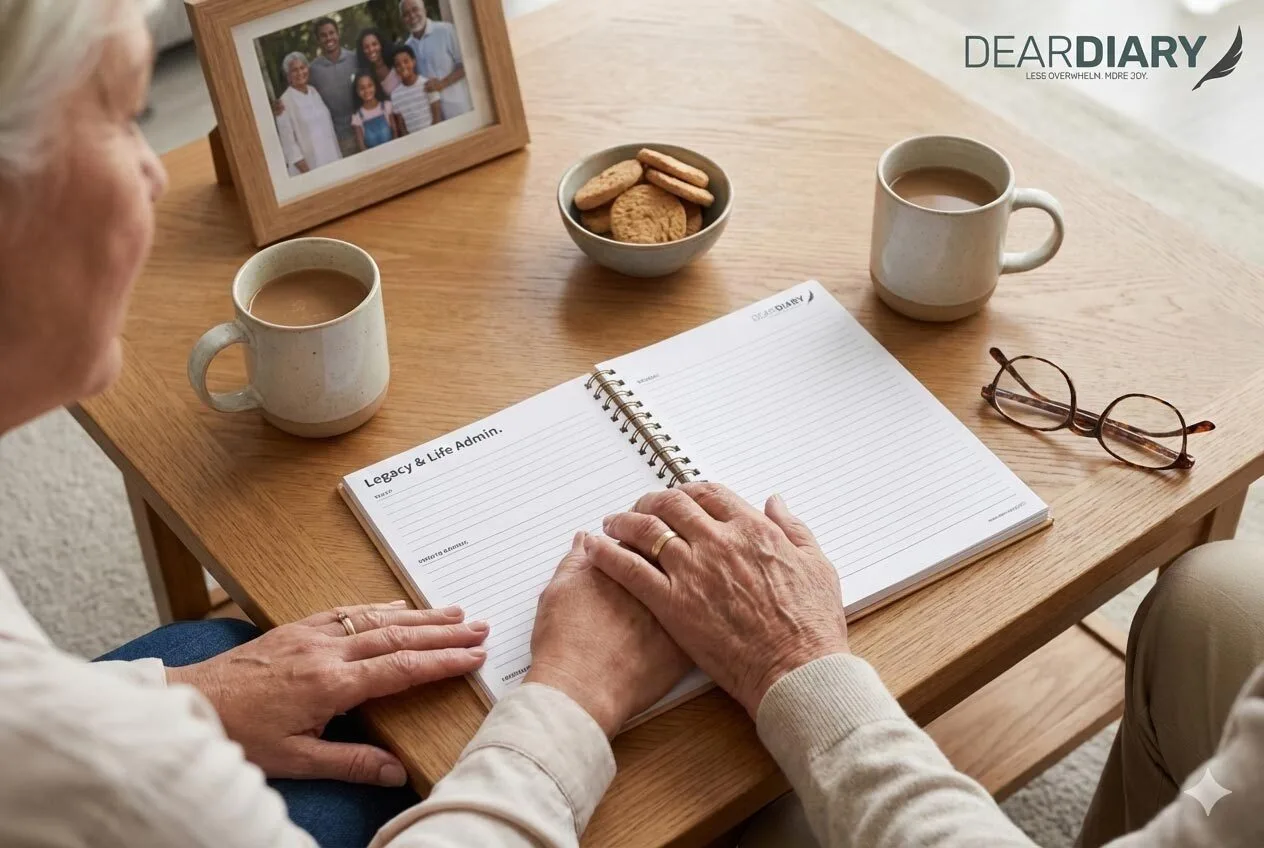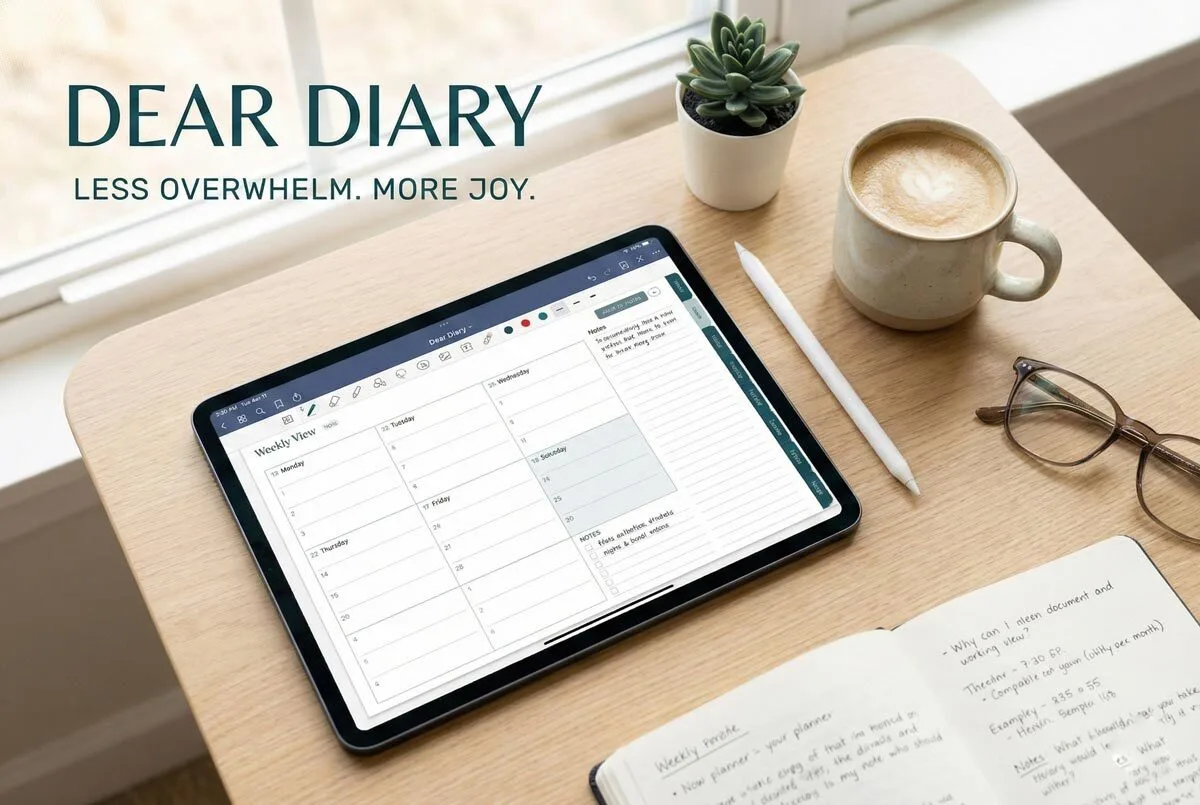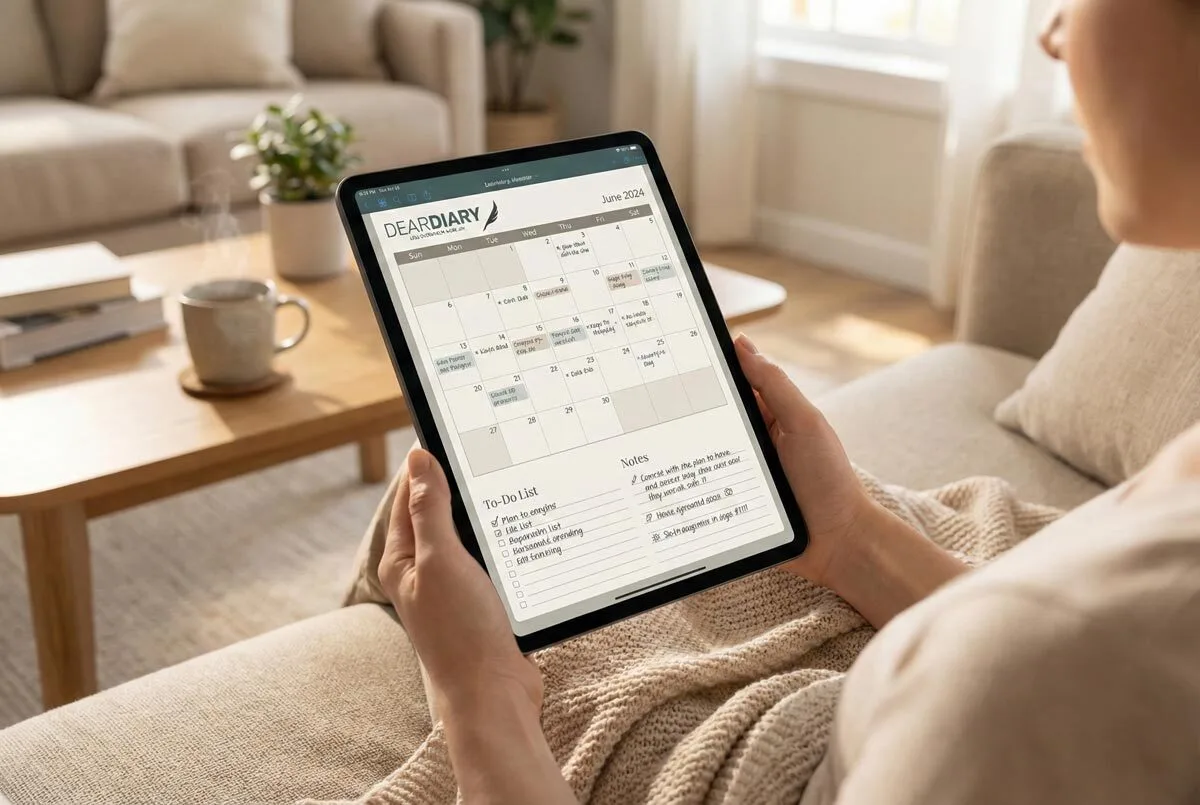You can manage stress effectively by incorporating simple daily practices that take just minutes. Start with 10 slow, intentional breaths to activate your body’s relaxation response during overwhelming moments. Take brief walks or do household tasks like gardening—physical movement releases mood-boosting endorphins whilst redirecting anxious thoughts. Practise 1-2 minute micro-meditations throughout your day, maintain consistent sleep schedules for proper cortisol regulation, and connect with supportive friends who buffer stress naturally. These foundational strategies reveal deeper stress management techniques.
When stress feels like it’s running your life instead of the other way round, you’re not powerless—you just need the right daily practices to take back control. The solution isn’t revolutionary—it’s about consistent, small actions that build resilience over time.
Physical movement stands as your most reliable stress-buster. Walking or jogging releases endorphins that naturally improve your mood whilst redirecting your mind on physical sensations rather than spinning thoughts.
Physical movement redirects your spinning thoughts to body sensations whilst flooding your system with mood-boosting endorphins.
You don’t need a gym membership either. Household tasks like gardening, cleaning, or hoovering provide structured physical engagement that doubles as stress relief. Yoga proves particularly effective, with controlled studies showing it outperforms mobile apps in reducing physiological stress signals.
Your breathing holds immediate power over stress responses. Slow, intentional breathing activates your relaxation response and lowers stress hormones in real-time.
During overwhelming moments, take 10 slow breaths—this simple pause triggers physiological changes that counteract your fight-or-flight response. Visualising peaceful environments like the Drakensberg mountains or Cape Town beaches creates sensory relaxation responses that interrupt stress patterns.
Micro-practices fit seamlessly into busy schedules without requiring major lifestyle overhauls. Carry out brief self-care check-ins throughout your day, evaluating your physical, social, and emotional needs.
Take micro-meditation breaks lasting just 1-2 minutes to reduce mental overload. Try micro-movements like stretching or leg lifts during work breaks to counteract sedentary stress. Gratitude journaling, even brief notes about daily positives, improves emotional resilience over time. Daily gratitude prompts can provide structured opportunities for reflection whilst building emotional strength and promoting overall well-being. Consider using colouring pages as a mindful activity to help centre yourself during particularly overwhelming periods.
Sleep optimisation can’t be overlooked—you need 7+ hours nightly for proper cortisol regulation. Maintain consistent bedtimes to improve sleep quality and reduce fragmentation.
Create pre-sleep routines with dim lighting, reading, or meditation to signal your body it’s time to wind down. If stress keeps your mind racing at night, try keeping a stress journal beside your bed to process emotions and reduce nighttime rumination. Establishing a relaxing bedtime routine creates the foundation for restorative sleep that supports stress management. Goal-setting pages in digital planners can help you track your sleep objectives and other wellness targets throughout the year.
Your nutritional choices directly impact stress resilience. Emphasise plant-based foods—fruits, vegetables, and wholegrain foods support serotonin production naturally. Prioritise hydration since dehydration exacerbates stress responses.
Moderate caffeine intake carefully; excessive consumption perpetuates fight-or-flight responses throughout the day. Practise mindful eating by concentrating on eating rhythms and sensations rather than mindlessly consuming food during stressful moments.
Don’t underestimate social connections. Friends and colleagues reduce perceived stress through shared experiences and emotional support. Habit trackers in digital tools can help you monitor your stress management practices and build consistency over time. Supportive friendships have been shown to significantly reduce stress levels in daily life. Remember that chronic inflammation from ongoing stress increases your risk for serious conditions like dementia and heart disease.
Engage in active listening during conversations—this nurtures trust and empathy whilst providing mutual stress relief. Community activities create opportunities for meaningful connections that buffer against daily stressors. Whether it’s joining a local hiking group in the Western Cape or participating in braai gatherings, these connections strengthen your support network.
These practices work because they’re sustainable and flexible to your existing routine. Start with one or two techniques, build consistency, then gradually add others. Stress management isn’t about perfection—it’s about having reliable tools ready when pressure mounts. A paperless solution like a digital planner can enhance teaching efficiency whilst reducing the organisational stress that often overwhelms educators. Regular exercise also enhances immune function, offering protection against stress-related harm to your body’s natural defence systems.
Frequently Asked Questions
How Long Does It Take to See Results From Stress Management Practices?
You’ll notice immediate relief within minutes using deep breathing or mindfulness. Short-term improvements appear in 1-4 weeks with consistent exercise and sleep habits. Long-term benefits develop over months through combined approaches.
Can Stress Management Techniques Help With Chronic Health Conditions?
Yes, stress management techniques greatly help chronic health conditions. You’ll reduce anxiety, pain, and depression whilst improving immune function. Daily meditation, gentle exercise, and cognitive-behavioural strategies specifically counter chronic stress’s harmful effects on your body.
What Should I Do if Daily Practices Aren’t Reducing My Stress Levels?
You should evaluate your current strategies to identify gaps, then incorporate advanced techniques like biofeedback devices. Consider seeking professional guidance through therapy or counselling, whilst making lifestyle adjustments including better sleep and nutrition.
Are There Stress Management Apps or Tools You Recommend for Beginners?
You’ll find Calm excellent for guided meditations and sleep stories, whilst Headspace offers AI-powered personalisation. The Mindfulness App provides flexible timed sessions, and Happify uses gamified exercises for stress reduction.
How Do I Maintain Stress Management Routines During Busy or Chaotic Periods?
During chaotic periods, you’ll need to scale down your routines rather than abandon them. Focus on micro-practices like three-minute breathing exercises, prioritise sleep, and protect one non-negotiable self-care activity daily.






